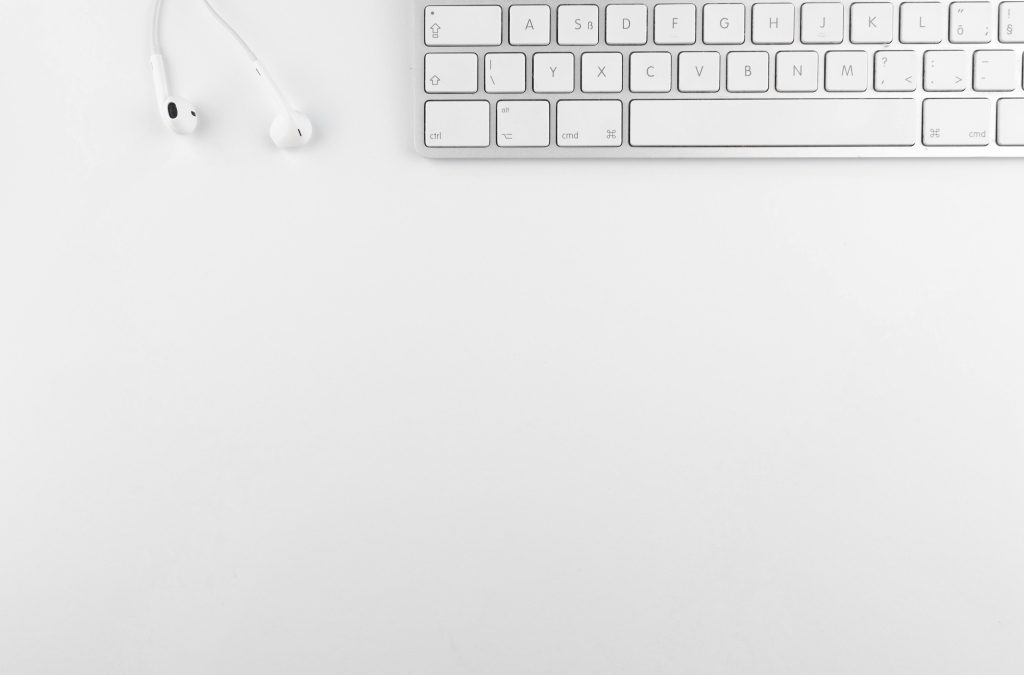In an age marked by excess—be it in our digital lives, possessions, or workloads—minimalism has become more than just a lifestyle trend. It’s now emerging as a thinking strategy that helps people simplify, declutter, and focus on what truly matters. By stripping away distractions and focusing on essentials, minimalism in thinking is gaining recognition for its potential to enhance creativity, improve decision-making, and increase productivity. This shift in mindset is becoming increasingly crucial in a world that bombards us with constant information, choice overload, and never-ending to-do lists.
In this article, we’ll explore why minimalism is not just about living with fewer material possessions, but rather, it’s a valuable strategy for improving the way we think, work, and interact with the world. By adopting a minimalist mindset, we can optimize our thinking processes, prioritize what matters most, and foster better mental clarity and focus.

What is Minimalism as a Thinking Strategy?
Minimalism has become a buzzword in recent years, often linked with decluttering and simplifying one’s material possessions. However, when applied to thinking, minimalism takes on an entirely different significance. Minimalism as a thinking strategy is about consciously eliminating distractions, overthinking, and extraneous tasks, so that your mind can focus on what truly matters.
In essence, minimalist thinking is about simplifying decision-making processes, prioritizing essential goals, and eliminating anything that doesn’t contribute to your overall well-being. By applying the same principles that govern physical minimalism—reducing, refining, and focusing—you can achieve a clearer, more organized mental state.
It’s about honing in on the most important aspects of your life and work, and creating space for the mind to operate more efficiently. When you eliminate mental clutter, you free up cognitive resources to focus on the most critical elements of your goals, resulting in better performance and improved mental health.
Why Minimalism Improves Focus and Productivity
One of the most significant benefits of minimalist thinking is its ability to improve focus. In today’s world, constant distractions are part of daily life. Whether it’s checking your phone every few minutes or juggling multiple tasks at once, distractions rob us of the mental clarity needed for deep focus. This is often referred to as cognitive overload, and it can significantly reduce productivity.
Minimalism tackles this issue by encouraging individuals to focus on fewer, more meaningful tasks. Research has shown that multitasking actually reduces productivity and cognitive performance because the brain is switching between tasks and dividing attention. Minimalist thinking, by contrast, promotes the idea of single-tasking and concentrating on one thing at a time.
When you minimize distractions and reduce the number of tasks and decisions you make throughout the day, you allow your brain to focus more effectively on the task at hand. This leads to more efficient work, faster decision-making, and better results overall.
For example, a minimalist approach in the workplace may involve reducing the number of meetings or emails you engage with, and focusing on the most important projects. By eliminating unnecessary tasks and setting clearer priorities, individuals can dedicate their cognitive resources to what matters most, increasing their productivity and reducing stress.
Minimalism Boosts Creativity
While it might seem counterintuitive, minimalism is actually an effective way to enhance creativity. In creative fields such as art, design, writing, and problem-solving, complexity can often hinder innovation. When our minds are cluttered with too much information, it becomes difficult to come up with original ideas.
Minimalist thinking helps foster creativity by promoting a sense of simplicity and clarity. By stripping away irrelevant distractions and focusing only on the essentials, individuals can approach problems with a fresh perspective and generate new solutions. When you minimize the mental noise, you create space for creative ideas to emerge.
In the workplace, minimalism can encourage innovation by allowing teams to focus on the core elements of a project or problem. Instead of getting bogged down by extraneous details, teams can focus their efforts on the most important aspects of their work, leading to more original ideas and breakthroughs.
Moreover, minimalism also promotes mindful creativity. By eliminating distractions, you can focus more deeply on the creative process, whether that involves brainstorming, writing, designing, or innovating. This creates an environment where ideas flow more freely, and where individuals are more open to experimentation and exploration.
Minimalism Supports Better Decision-Making
We are constantly faced with decisions, big and small, every single day. From the trivial (What should I wear today?) to the significant (Should I take this job offer?), the sheer volume of choices can quickly lead to decision fatigue. Decision fatigue happens when we make too many choices, causing mental exhaustion and impairing our ability to make sound decisions.
Minimalism addresses this problem by reducing the number of decisions we need to make and focusing on the most important ones. By simplifying our choices and concentrating on what really matters, we can make better, more informed decisions. This is where the power of minimalist thinking really comes into play.
For example, minimalist thinking encourages individuals to evaluate the most important factors when making decisions, leaving out unnecessary considerations. This leads to faster decision-making and a greater sense of satisfaction, as you are focused on what truly aligns with your goals and values.
How Minimalism Improves Mental Clarity and Well-Being
The modern world is full of distractions, and these distractions contribute to mental clutter and stress. Whether it’s a constant barrage of emails, social media notifications, or the never-ending demands of daily life, it’s easy to feel overwhelmed and mentally drained.
Minimalism, when applied to thinking, can help reduce mental clutter and provide clarity. By focusing on fewer, more meaningful goals, individuals can experience greater mental peace and reduced stress. This mental clarity allows people to engage more fully with their work, relationships, and daily activities.
In addition to improving mental focus, minimalist thinking can also support emotional well-being. By simplifying your mental environment and prioritizing what matters most, you can reduce anxiety and overwhelm. This, in turn, can foster a sense of balance and calmness in your life.
For example, practicing mindfulness, which is often associated with minimalism, can be an excellent tool for promoting mental clarity. Mindfulness helps you focus on the present moment, which can reduce feelings of stress and anxiety, and enhance your ability to make decisions with clarity.
How to Apply Minimalist Thinking in Your Life
Now that we’ve explored the benefits of minimalism as a thinking strategy, let’s look at some practical ways to implement it in your life.
- Set Clear Priorities
Identify the most important tasks and goals in your life. Focus your energy on these, and let go of the less essential things that don’t align with your values. - Declutter Your Environment
Your physical environment has a significant impact on your mental state. Minimize physical clutter by organizing your space and removing distractions. This can help create a more conducive environment for focused, clear thinking. - Simplify Your Schedule
Too many commitments can lead to overwhelm. Learn to say no to things that don’t align with your priorities, and focus on the most important activities that contribute to your goals. - Practice Single-Tasking
Instead of multitasking, practice focusing on one task at a time. This will help you stay more focused and accomplish tasks more efficiently. - Embrace Mindfulness
Incorporate mindfulness practices into your daily routine to reduce stress and increase mental clarity. This can include meditation, journaling, or simply taking a few minutes each day to breathe deeply and clear your mind.
Conclusion
Minimalism is more than just a lifestyle trend—it’s a powerful thinking strategy that can help individuals improve focus, enhance creativity, and make better decisions. By reducing mental clutter and focusing on what truly matters, minimalist thinking allows for greater clarity, productivity, and well-being. Whether in your personal life or at work, adopting minimalism as a thinking strategy can lead to a more fulfilling and efficient way of living. Start simplifying your thoughts, reduce distractions, and embrace the power of minimalist thinking to transform the way you approach challenges and opportunities.
References:
- Forbes. (2020). “The Science Behind Minimalism and Its Mental Health Benefits.” Retrieved from https://www.forbes.com
- Harvard Business Review. (2018). “How to Improve Focus and Productivity by Practicing Minimalism.” Retrieved from https://hbr.org
- Psychology Today. (2019). “The Link Between Minimalism and Mental Health.” Retrieved from https://www.psychologytoday.com









